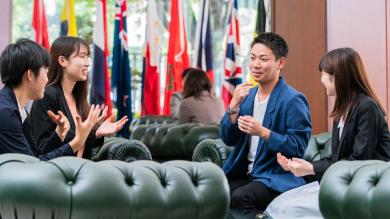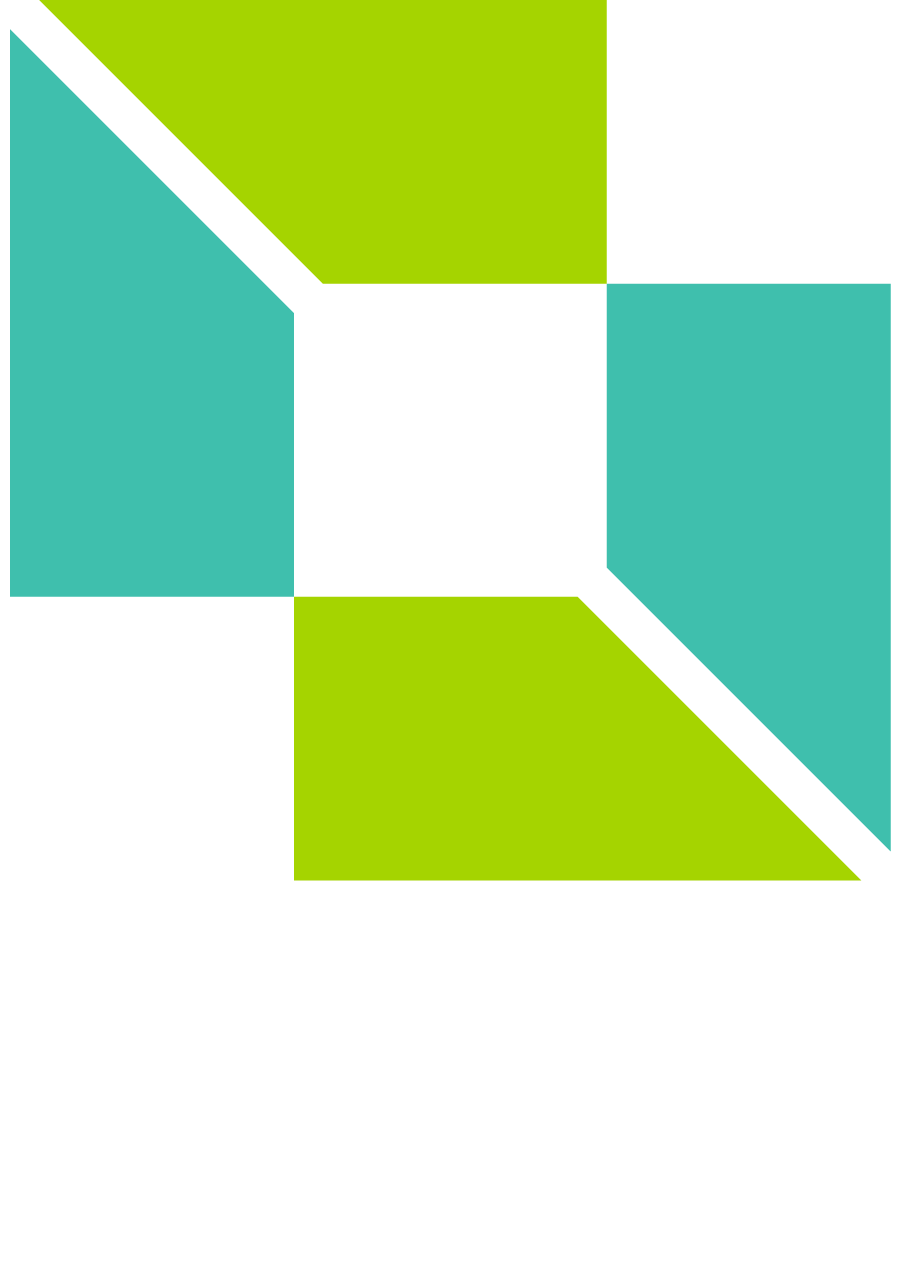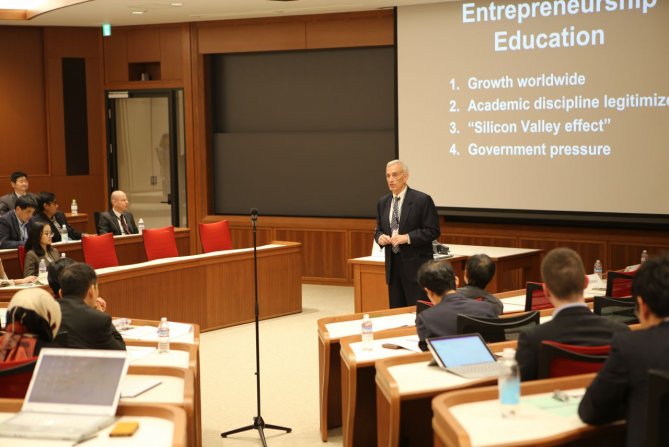Entrepreneurship Education. AACSB Asia Pacific Annual Conference - Day 2
At the AACSB Conference, another exciting topic that was discussed by Shenjiang Mo, Associate Professor at School of Management, Zhejiang University, China, and Jerman W Rose, Dean at SolBridge International School of Business, South Korea, was entrepreneurship education.
For the past years, the current era has often been considered as the Golden Era of Entrepreneurship, with startups launching, booming or failing and shaping various markets in their own ways, making others to follow suit or to innovate further to stay ahead of the competition. Although it is debatable whether it’s truly the Golden Age or not as in terms of a sheer number of startups being launched, the current figure isn’t even close to historical figures. However, it can definitely be said that it’s somewhat easier to become entrepreneurs due to technological and digital advances, which has been shaping the society over time, and how they are more available than ever.
More and more university graduates, whether they were studying engineering or business, are considering launching their own startups instead of going down a more traditional path to join any company. With such a career choice seemingly becoming attractive to the current generations across the world, it’s only obvious that universities are starting to incorporate this trend in their curriculum, particularly in business schools.
Rethinking Entrepreneurship Education for the 21st century
Prof. Rose outlines that many institutions are still teaching findings and methods from the 20th century based on textbooks rather than moving forward to incorporate current trends and that the former is simply not possible in education meant to be for potential future entrepreneurs.
Once such an outdated way of thinking and teaching is put aside, there are 2 styles of entrepreneurship education:
・ Harvard style: teaching entrepreneurial thinking, pedagogy, and culture, to change the mindset;
・ MIT style: innovating by starting a business, to put everything into practice.
One is not better than the other as both could lead the students to become entrepreneurs and better ones at it. Indeed, he explains that there is more than 1 way to offer such an education and that most importantly, it’s context-dependent. The institution wanting to offer an entrepreneurship education must consider what their resources are and how they can allocate them in the best way to answer the needs of the students and society.
In order to be aligned with education in the 21st century, activities must be a core part of the curriculum, where students get to learn by doing and this will allow them to put knowledge into practice and receive feedback from peers and experts. They might also get the opportunity to go forward with their projects and potentially make it concrete and launch on the market. Hence, an important network is necessary in order to be able to connect students and their projects with experts who can guide them, give them tips based on their own experience, support them and present them to other stakeholders.
Depending on the resources and network, an incubator or accelerator might also be ideal.
Another element of this era is the technical side: skills in coding and data analytics are increasingly necessary parts of launching startups, and whereas students from engineering backgrounds often have these competencies, students from business and management backgrounds are often lacking in this area.
Finally, an entrepreneurship education should be available at the undergraduate and the graduate level and include a program for the alumni as their experience could be a strong foundation.
Innovation-based Entrepreneurship Education
Prof. Mo gave details on how the School of Management, Zhejiang University has created an innovation-based entrepreneurship education and explained the context of China.
Whereas they used to concentrate on case studies across the world, they have now made the switch to focus on the local scale, on startups and companies that contribute to the city and to the country, such as Alibaba which was founded and is based in the same city, Hangzhou of Zhejiang Province. By having local scope, it also becomes possible to connect and collaborate with local players who contribute by creating real entrepreneurship tasks and projects for students, as part of their action learning. This reflects Mr. Rose’s learning by doing and how active learning (as implemented by NUCB Undergraduate School) plays a pivotal role in education.
After overcoming cultural challenges by mingling both international and local students, students must be able to understand that they can make an impact on the local scale and therefore, they get projects such as commercializing local culture in the global context (presenting local elements to foreigners in the most appealing way).
Ultimately, it should be a boundary-less organization with real innovative people, stories and experience, where they become part of the program by designing the curriculum together. By bringing together the university with its students, professors and staff, experts and collaborators, the entrepreneurship education can have real influence.

 過去問題
過去問題
 イベント
イベント
 入試情報
入試情報
 ネット出願
ネット出願





